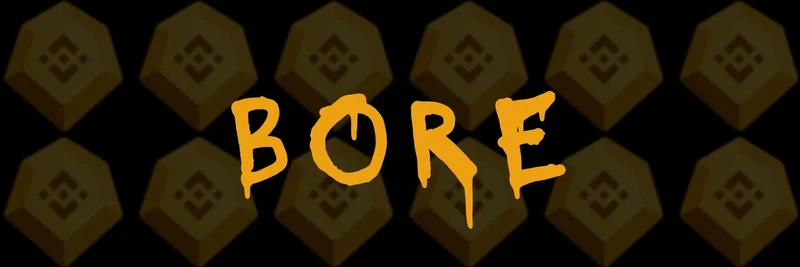The world of mathematics got a jolt recently when OpenAI's AI systems showcased their ability to tackle International Mathematical Olympiad (IMO) problems, a feat that left many, including self-proclaimed mathematician Dave White, reeling. In a heartfelt thread on X posted on July 22, 2025, Dave shared his raw emotions about this milestone, describing it as a "gut punch" to his identity as someone who prides himself on being good at math. Let’s dive into his thoughts and what this means for mathematicians and knowledge workers everywhere.
The Shock of AI Outperforming Humans
Dave’s post kicks off with a personal confession: the news about OpenAI’s IMO success hit him hard. For someone who identifies as a professional mathematician (even if he humorously acknowledges some might debate that title), the idea that AI can now solve problems he struggles with is unsettling. The IMO, known for its challenging math problems designed for top high school students, has long been a benchmark of human mathematical talent. When AI steps into this arena and excels, it’s natural to feel a sense of displacement.
He compares this to a quirky analogy: imagine dedicating years to learning to communicate with dogs, only to find a $4.99 universal translator at Walmart. It’s a vivid way to express how AI’s rapid progress can undermine the unique skills we’ve built our lives around. Dave isn’t alone in this feeling—replies in the thread from others, like Emad from xAI, echo a similar surprise, noting they thought they had "another year" before AI reached this level.
A Personal Identity Crisis
What makes Dave’s reflection so compelling is how deeply tied his identity is to his math skills. He writes about updating his perception of others with IMO golds, seeing them as "much better at math" than himself. Now, with AI matching or surpassing that level, he feels a "kind of dying" of that self-image. This isn’t just about losing a competition; it’s about the scaffolding of his life—his sense of belonging and purpose—crumbling.
This resonates beyond mathematics. As VentureBeat reports, many knowledge workers are facing similar fears of obsolescence as AI takes on roles once considered uniquely human. Dave extends this concern to coders, artists, and others, suggesting a collective identity crisis looms as AI’s capabilities grow.
The Bigger Picture: Grief and Transition
Dave doesn’t stop at personal grief. He zooms out to a societal level, hinting at the "fear of actual death" and the broader implications of AI’s rise. This might sound dramatic, but it ties into a philosophical idea of identity as something fluid. In a reply, Adam Cochran introduces the concept of the "long body of self," suggesting we redefine ourselves after life’s upheavals—like a swimmer turned philosopher after an injury. This perspective offers hope: AI might not erase our identities but force a reinvention.
The thread also highlights a silver lining. Dave and others note that AI can act as a personal tutor, accelerating learning and opening new angles to explore math. Imagine having a tool that helps you dive into knot theory or recreational math with ease—exciting possibilities for a future where creativity, not just computation, drives progress.
What This Means for the Future
So, are mathematicians and knowledge workers doomed? Not quite. As RxFlow Robotics, an IMO gold medalist, points out in the thread, AI’s success can enhance the enjoyment of math for those who love it, much like chess players benefit from engines revealing "the truth." The key lies in adapting. Those who combine AI tools with their unique perspectives—originality and deep understanding—might thrive rather than be replaced.
Dave wonders if we’re ready for this transition. With AI advancing at breakneck speed (as seen with Google DeepMind’s AlphaProof and AlphaGeometry 2), the answer seems to be: not yet, but we’d better start. This could lead to a world where people have more time for recreational pursuits, supported by AI handling the heavy lifting.
A Call to Action
Dave’s thread isn’t just a lament—it’s a wake-up call. For mathematicians, coders, and anyone whose identity hinges on specialized skills, the future demands flexibility. Whether it’s learning new fields like knot theory or embracing AI as a collaborator, the path forward involves redefining what "being good at math" means. What do you think—will you ride this AI wave or redefine your own "long body of self"? Share your thoughts in the comments!




